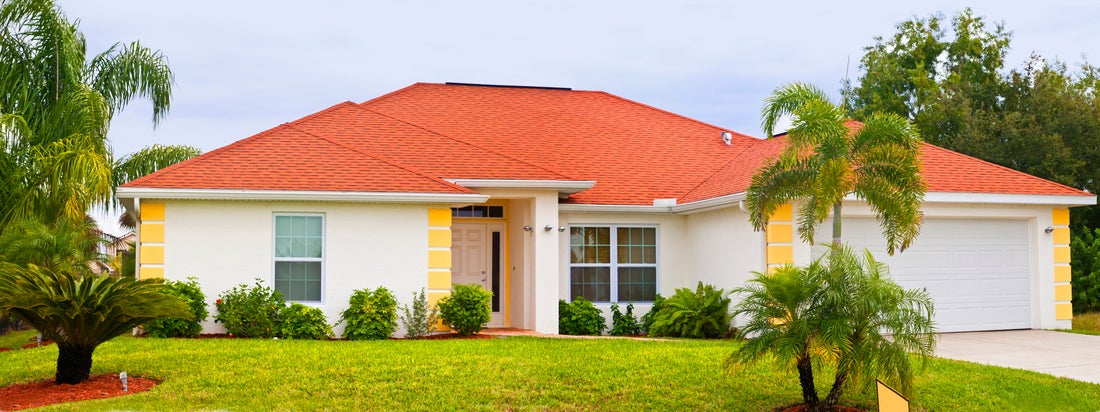Building codes are supposed to provide protections for property owners. They often aim to minimize safety risks. For those rebuilding a home, though, they can be problematic, especially if they change significantly. If you have home insurance coverage for a rebuilding project, how do building code changes impact this? Here’s what you have to consider.
Are You Rebuilding Your Home?
In most situations, home insurance does not pay for the regular upgrades you need to make to your home. For example, if you have your home inspection, and an electrical panel needs upgrading to meet new building codes, the insurance policy is not likely to provide any coverage for it. This falls under the standard maintenance, and general upkeep homeowners must maintain.
However, in situations where you need to rebuild or repair your home, such as after a fire or storm caused damage to it, your policy may offer coverage. It might help you repair the home to make sure it now meets building codes. However, this only applies in situations where the actual event is a covered loss. If the incident that caused the need to rebuild or repair does not fall under your coverage, these code updates will not either.
Building Code Coverage Explained
Some policies feature building code coverage. This is an optional type of coverage, not one automatically provided on most policies. It can help to cover the significant changes impacting your project. If there are additional costs associated with building the home to the new codes, the policy may help cover those costs.
Here is one example. Let’s say there is a required upgrade to the electrical system required by city codes. Or, some cities are now placing requirements that new construction implement solar panels on rooftops. These costs might not fall in line with your current replacement cost coverage for your home. It would increase the cost to build the home. If you have building code coverage, it may work to cover those additional costs. Because you cannot control them, and they can add a significant amount of cost to your home’s project, this becomes necessary.
Remember, your home builder needs to build to meet building codes. However, if you have building code coverage in place before such an event, you have protection from those unexpected costs. Building codes change significantly from one area to the next. They also change over time. Adding additional coverage to your home like this could make these costs easier to manage.